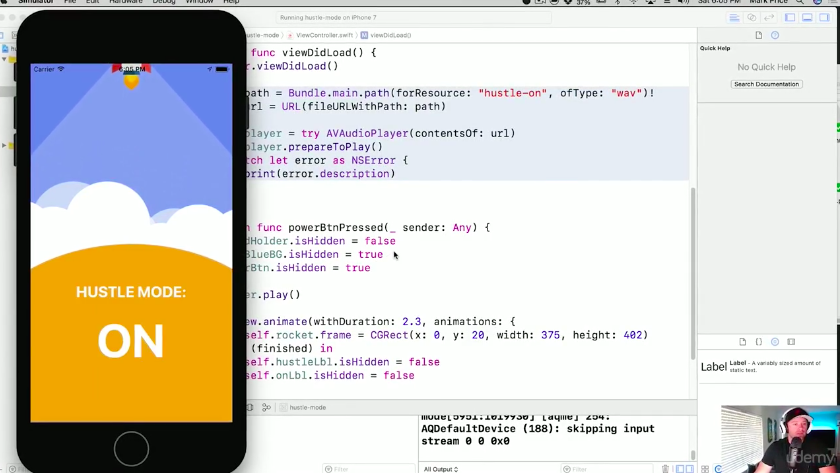
[caption id="attachment_131017" align="aligncenter" width="1000"]  Learn a new skill.[/caption] In tech, there’s no such thing as knowing it all. We’re always learning, which is especially difficult when you factor in the needs of family life and (often) a full-time job. Rather than quit your job and focus on school, we suggest you try a different method for those times you need to learn a new skill or language. Here are five things to keep in mind when it’s time to level-up your skills:
Learn a new skill.[/caption] In tech, there’s no such thing as knowing it all. We’re always learning, which is especially difficult when you factor in the needs of family life and (often) a full-time job. Rather than quit your job and focus on school, we suggest you try a different method for those times you need to learn a new skill or language. Here are five things to keep in mind when it’s time to level-up your skills:
Time is on Your Side
You have more time in your day than you might realize. It may take some careful massaging of your calendar, but chances are good you’ve actually got a few hours here and there to learn a thing or two. But you still need to make the effort to schedule that time. Maybe it’s setting aside two full hours every Wednesday, or 30 minutes every weekday. Perhaps you’re best when you’ve got a full weekend day to devote to learning. Do whatever works best for you, but make sure you’re setting aside dedicated time to focus on learning. [caption id="attachment_142591" align="aligncenter" width="840"]  Udemy iOS 11[/caption]
Udemy iOS 11[/caption]
Actually Learn
Reading about a thing won’t do much for you. On the other hand, involving yourself in it will. Picking up a new skill can be as simple as finding a course on Udemy, and as involved as going through a Udacity Nanodegree. There are also several apps for iOS and Android that teach various coding languages and principles, depending on what you’re trying to learn. If picking up a language is your path forward, don’t forget documentation. It’s probably boring to read through, but documentation provides a look at the 'how' and 'why' of a language. This is especially useful for larger, more complex libraries and kits.
Experiment
What’s that flashy new JavaScript library about, anyway? Reading the Github intro won’t tell you, but messing with it in your IDE will. When learning something new, experiment with it. A bit of trial and error can teach you as much as a course, especially if you’re digging your own hole. Besides, nobody’s looking – you can screw all the way up and not feel embarrassed! Combining learning and experimentation is optimal. Take what you’ve learned that day and tinker with it on your own. Classes and arrays may be simple on the surface, for example, but how deep do those rabbit holes go? Learn, experiment and dig yourself out of the rut. You’ll be happy you did. 
Networking is a Skill, Too
Search for developer meet-ups in your area. They’re often specific to a language or technology, so be sure you’re going to one that makes sense for you. A simple Twitter search often returns the right results. It’s also a good idea to find people on social media who are working on whatever you’re learning. If they post things about a language or framework that interests you, it can be beneficial. It’s particularly useful if they’re engaging and responsive; you may be able to ask questions now and then, and get insight from a pseudo-mentor. (As with finding a job, networking can make learning much easier.)
Don’t Be Narrow
Maybe a new project at work means you’re on the hunt for a specific knowledge-base. Instead of plunging in to solve a particular problem, try defining it, first. You may discover there are other solutions that overlap with your existing skills. If you’re learning an entirely new skill, don’t simply find one resource and learn from it: source your knowledge from various blogs, video repositories and developers in the field. There’s no shame in revisiting content you’ve already covered if it’s via a different source: You may find a simple trick here and there to save you time, or learn a different method that makes more sense for you.


